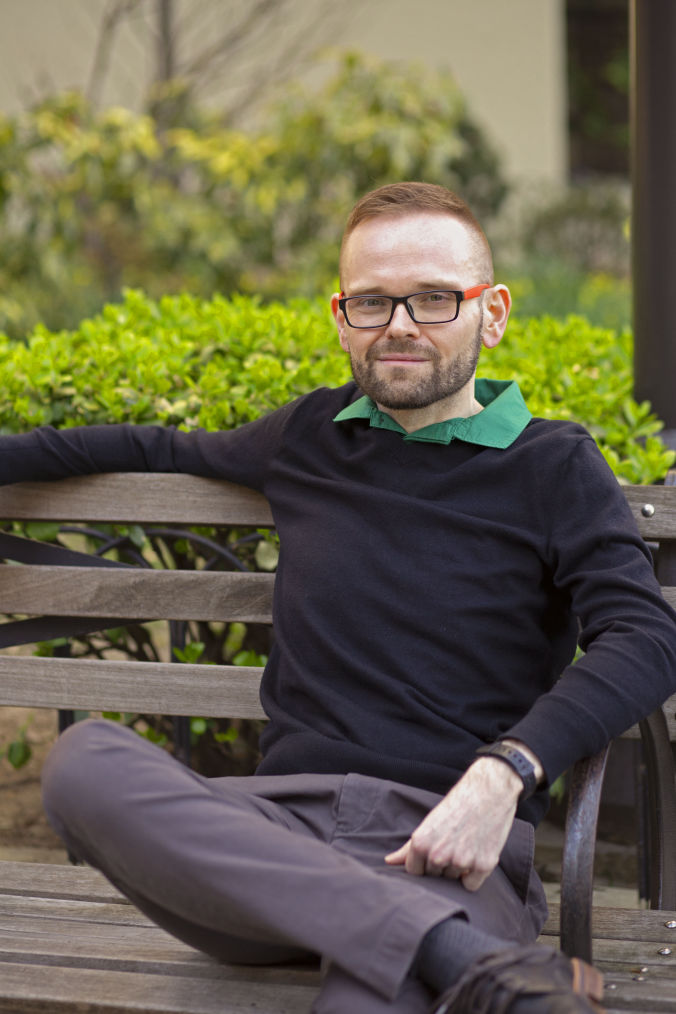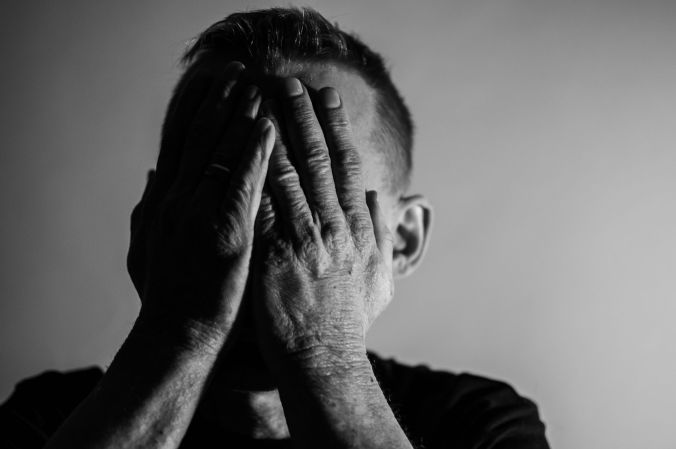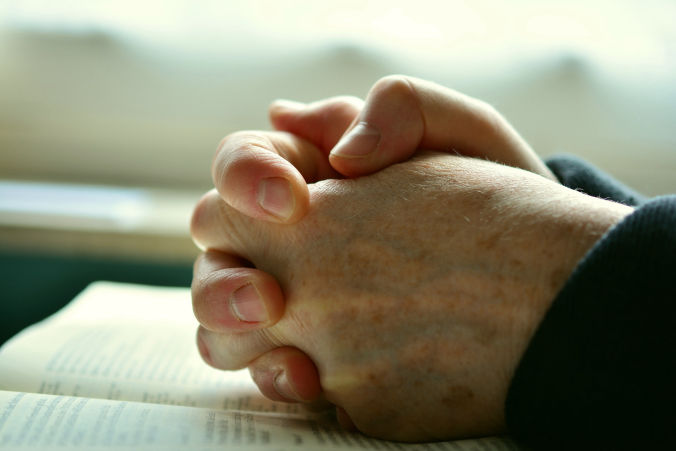
Psychotherapy and Psychoanalysis
Telehealth Practice in New York City


Depth-oriented psychotherapy addressing shame, desire, intimacy, and identity within gay men’s lived experience.

For individuals who have done therapy before but feel something essential was never reached or fully held.

Relational work with compulsive or driven sexual patterns, focusing on meaning, agency, and integration rather than control.

Psychotherapy for those navigating rupture, shame, or loss of meaning following religious injury or spiritual conflict.

Depth-oriented work exploring how ongoing illness reshapes identity, relationships, and one’s relationship to the body.

Depth-oriented psychotherapy for individuals and couples whose erotic lives do not fit neatly into conventional frameworks.

For women navigating recurring patterns of constraint, dissatisfaction, or disconnection in romantic relationships and intimate life.